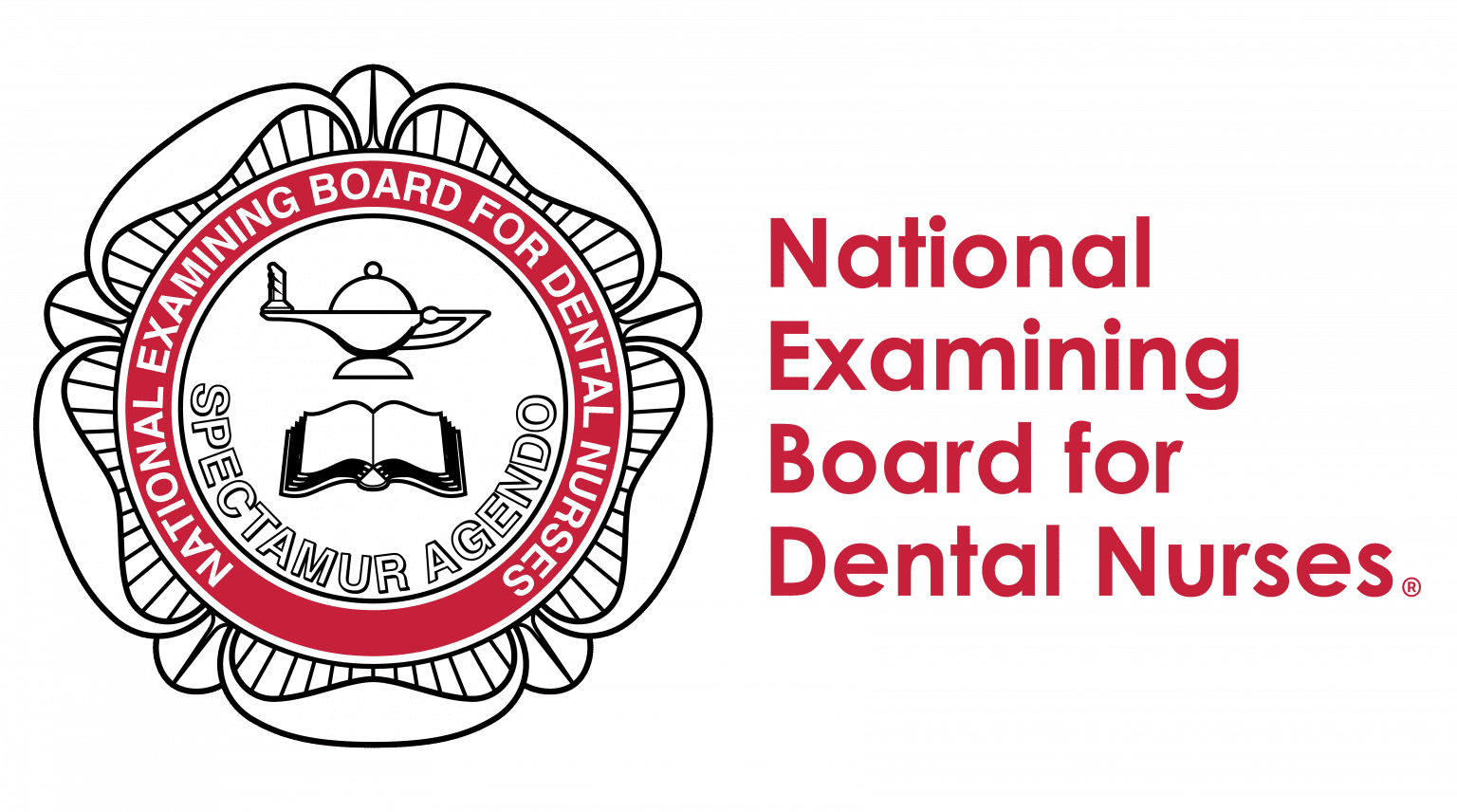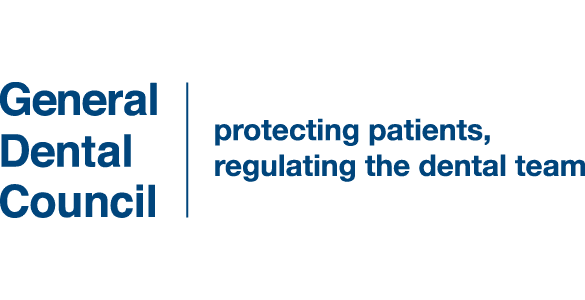Online Dental Nurse Courses – NEBDN Accredited Training UK
ONLINE DENTAL NURSE COURSES
Dental Tutors is a leading NEBDN-accredited provider of online dental nurse courses in the UK. Since 2018, we have supported students in gaining the NEBDN Level 3 Diploma in Dental Nursing through flexible, accessible online study.
Our courses are designed to suit students who want to study dental nursing online in the UK while working as a trainee dental nurse. With high pass rates and excellent reviews, we provide the right balance of academic learning and practical workplace training.
Learn more about our Regulated NEBDN Diploma in Dental Nursing.
WHY CHOOSE OUR ONLINE DENTAL NURSE COURSE?
Studying with Dental Tutors gives you access to:
Animated training videos and interactive e-learning
Support finding a trainee dental nurse placement
Integrated progress tracker to monitor learning
Interactive labelling and colouring activities
Lesson recordings for flexible revision
Full access to online resources and materials
Consistently high NEBDN pass rates
Mock tests and revision exams for preparation
Affordable monthly payment options
Monday–Friday tutor support and exam guidance
One-to-one tutor sessions available
Guidance with your NEBDN Portfolio of Evidence (PoE)
“Earn while you learn” opportunities during training
Flexible online study format to fit around your life
Recognised qualification enabling GDC registration

WHAT DOES IT TAKE TO BECOME A QUALIFIED DENTAL NURSE?
To become a qualified dental nurse in the UK, you must:
1. Complete an NEBDN-accredited dental nursing course.
2. Work in a dental practice as a trainee dental nurse.
3. Successfully complete the NEBDN exams.
Our online dental nursing course UK runs for 12–18 months. On completion and passing both exams, you’ll achieve the NEBDN Level 3 Diploma in Dental Nursing (RQF), worth 32 UCAS points and recognised throughout the UK.
DENTAL NURSING CAREER
A career as a dental nurse is respected and rewarding. Dental nurses assist dentists and hygienists in providing essential patient care and treatment support.
By completing our online dental nurse course UK, students achieve the NEBDN Level 3 Diploma in Dental Nursing, which allows General Dental Council (GDC) registration and the opportunity to work as a qualified dental nurse anywhere in the UK.
Dental nursing also offers opportunities to progress into areas such as oral health education, radiography, fluoride application, or practice management.
DENTAL NURSE DUTIES
Dental nurses are essential members of the dental team. Duties typically include:
Preparing and maintaining the clinical environment
Following strict infection control procedures
Recording dental charting under supervision
Mixing and handling dental materials
Providing chairside support during treatment
Preparing patients and equipment for radiography
Maintaining accurate treatment records
Supporting patients throughout their visit
Assisting during medical emergencies
Referring patients to other healthcare professionals when required
DENTAL NURSING FAQs
What is a dental nurse?
A dental nurse provides clinical and administrative support to dentists and hygienists, ensuring safe and efficient patient care.
How long does it take to qualify?
The online dental nurse course typically takes 12–18 months, including workplace training and NEBDN exams.
What is the NEBDN Portfolio of Evidence (PoE)?
The PoE is a structured record of your practical skills, completed during your trainee role while studying.
What salary can I expect as a dental nurse?
Qualified dental nurses in the UK usually earn from £23,000 upwards, with opportunities for progression into specialised or senior roles.
START YOUR DENTAL NURSE COURSE ONLINE TODAY
Take the next step in your career with Dental Tutors. Enrol in our online dental nursing course UK and gain a nationally recognised qualification that enables you to register with the GDC and work across the UK.
Find out more about our NEBDN Diploma in Dental Nursing.
- The Role of a Dental Nurse
- Dental Nurse Course Duration
- NEBDN Examination
- Dental Nurse Salary
- Post-Qualification
- NEBDN Portfolio of Evidence (PoE)
- Trainee Dental Nurse
- Locum Dental Nurses
What is a Dental Nurse?
A dental nurse / dental assistant works closely with the dentists and hygienists, providing assistance throughout a patient’s visit at the dental clinic.
Assisting the dentist in a wide range of procedures, from preparing the various materials required and ensuring the proper instruments and equipment are available to cleaning and sterilising the used instruments.
They will complete patient notes on instructions from the dentist and ensure confidentiality is maintained. The dental nurse ensures the efficient running of the dental workplace as well as the well-being of the patient.
Dental nurses must either hold a recognised qualification and be registered with the General Dental Council (GDC) or be working towards registration on an approved training course. The Diploma in Dental Nursing is a recognised qualification that is accredited by the National Examining Board for Dental Nurses. This certificate can be obtained by working in a dental practice while undertaking studies to prepare for the qualification.
How long does it take to become a qualified dental nurse?
Our online dental nurse course takes a minimum of 12 months to complete. Afterwards, each student is required to take the NEBDN dental nurse exams in order to get the qualification.
The NEBDN Diploma in Dental Nursing qualification is equivalent to Level 3 and it is Regulated Qualifications Framework (RQF)
After successfully passing the exams, students are able to register with the GDC (General Dental Council) and work as dental nurses anywhere in the UK.
NEBDN Dental Nurse Examination Process and Requirements
The aim of the examination is to assess knowledge and decision-making to demonstrate that the candidate’s understanding and competency show that they are safe to practice as a dental care professional.
The NEBDN Diploma in Dental Nursing examination is divided into two parts, and you will need to pass Part 1 before you can take Part 2.
Part 1 is a knowledge test consisting of multiple-choice questions (MCQs) and extended matching questions (EMQs). Part 2 is a practical examination consisting a Professional Discussion in scenario based environment. These clinical examinations are designed around simulated situations that you may commonly encounter in the workplace.
Once you have passed Part 2 of the examination, you will be awarded the NEBDN Level 3 Diploma in Dental Nursing, and you will be eligible to apply for registration with the General Dental Council as a qualified dental nurse.
What is a qualified dental nurse’s salary in the UK?
Qualified dental nurses can earn up to £31,000 per year (National Careers Centre) while working full-time.
Until students receive the qualification, they can work as Trainee Dental Nurses. This helps them earn while they learn.
Students often choose to take a post-registration course to progress as individuals and explore new career paths.
Post-graduate courses:
- Dental Radiography
- Oral Health Education
- Dental Sedation Nursing
- Dental Implant Nursing
- Orthodontic Dental Nursing
- Fluoride Varnish Application
- Special Care Dental Nursing
The completion of the Level 3 Diploma in Dental Nursing allows students to achieve other dental nurse qualifications:
• Radiography
• Oral Health Education
• Sedation Nursing
• Implant Nursing
• Orthodontic Nursing
• Fluoride Application
Candidates may also progress into other roles in dentistry, such as:
• Tutor
• Witness or Mentor
• Practice manager
• Dental technician
• Dental hygienist
• Dental therapist
• Dentist
What is the NEBDN PoE (Portfolio of Evidence)?
The purpose of the PoE is to ensure student dental nurses receive summative assessments carried out in the workplace to an approved standard. All those involved in the assessment process must adhere to the benchmarks and performance criteria set out in the Portfolio of Evidence Checklists and Marking Guide.
The PoE is composed of a series of Practical Experience Record Sheets (PERS), covering all areas of general dentistry in five units. The PERS provide a written record of the student’s performance during the relevant clinical procedures that they refer to and indicate whether that performance was satisfactory or not.
The range of procedures and the number of PERS to be completed ensure that all registered dental nurses have had a documented minimum of workplace training experiences as a starting point for their careers. Students must provide support to a range of patients during the completion of the PoE and are required to indicate on the tracking document at least one occasion where they have assisted each of the following: an adult patient, a child patient, an elderly patient, or a patient with special care requirements.
What is a Trainee Dental Nurse or Dental Assistant?
Once you enrol to an accredited dental nurse course, you will be required to complete theory and practical assignments before you can take the dental nurses examination.
Trainees start by shadowing qualified dental nurses and observing the wide variety of treatments that are carried out on a daily basis at the practice. It allows them to become familiar with the running of the surgery and see how a nurse works alongside a clinician.
We will assist and guide all our students in finding a trainee placement / dental nurse job from the start of the course through our dental clinic network in the UK. Most of our students get a placement within 2 months of the course.
All dental staff are required to be vaccinated against Hepatitis B.
Trainees usually start with the national minimum wage or an apprentice wage.
The average salary for trainee dental nurse jobs is £25,000 depending on experience.
What is a Locum Dental Nurse?
Locums offer a temporary solution to staffing shortages. They are usually either self-employed or employed by a locum agency. Many locums enjoy the freedom of undertaking their job without being responsible for any other duties or roles within the Practice. However, this can make them isolated and inclined not to be involved in day-to-day Practice matters, which would normally be beneficial for both parties. Qualified dental nurses may choose this path as it provides flexibility.
The advantages of being a locum include:
- Flexibility: control over when and where they work and how often.
- Self-employed: in charge of themselves.
- Financial benefits: they can set their own pay rates and claim many more expenses against their tax bill.
- Increased knowledge: working at various locations can increase knowledge and understanding of different working practices to learn from.
Our lessons were so interesting and understanding, nothing never been a problem, always all the tutors explained over and over again if someone didn't understand something. We had incredible support all the time. Absolutely amazing college. Thank you so much.
I would like to thank all my tutors,Aida and simas for my achievement.


